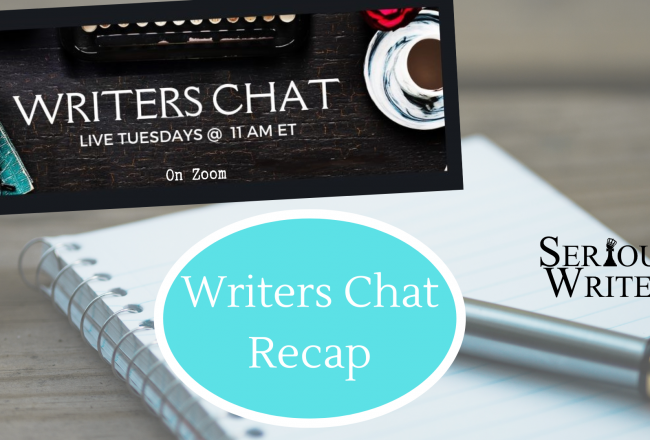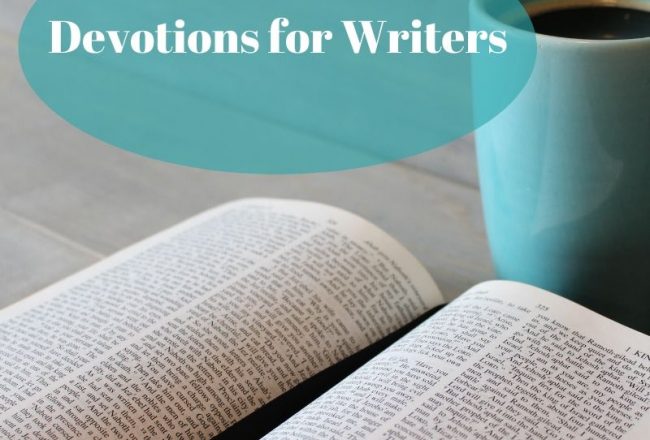
Dos and Don’ts for Describing Characters
A writer must find the perfect balance when describing characters, especially when introducing them to a reader for the…
June 19, 2017
A writer must find the perfect balance when describing characters, especially when introducing them to a reader for the…
June 19, 2017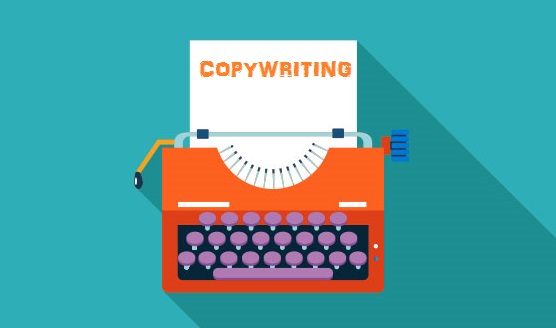
The Internet is swooning over Carlton Hughes. As of this writing, Carlton’s last comedy writing article here on…
June 18, 2017
A pronoun is a word that can take the place of a noun in a sentence which means…
June 17, 2017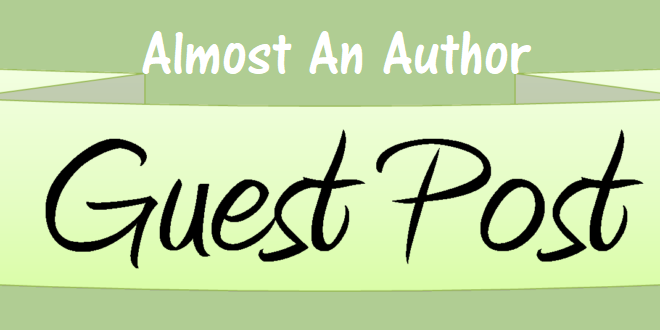
I wrote my first fiction novel in four months during 2009 because I believed I could write a…
June 16, 2017
Joshua J. Masters is a pastor, author (American Psalms), Christian speaker and artist. He currently serves as an Associate…
June 15, 2017
Magazine writing jobs sent straight to your inbox? Yes, it is true. I get them every morning. So how…
June 12, 2017For most magazine articles, I need information beyond what I have myself. To gather this information, I will…
June 12, 2017
(I wrote this reflection several years ago. I smiled when I rediscovered it. I feel like the Apostle Paul…
June 12, 2017
Please tell us about your most Recent Book Abby’s Letters is about a seventeen-year-old girl who fakes her mom’s…
June 11, 2017
Which is easier: fiction or nonfiction? It depends … on who you ask and when you ask them. Today…
June 10, 2017
So, I’m going to be talking about sex today. Again. My last article on the subject had more to…
June 9, 2017
Aspiring authors are frequently advised to build a writing resume in effort catch the attention of an agent or…
June 8, 2017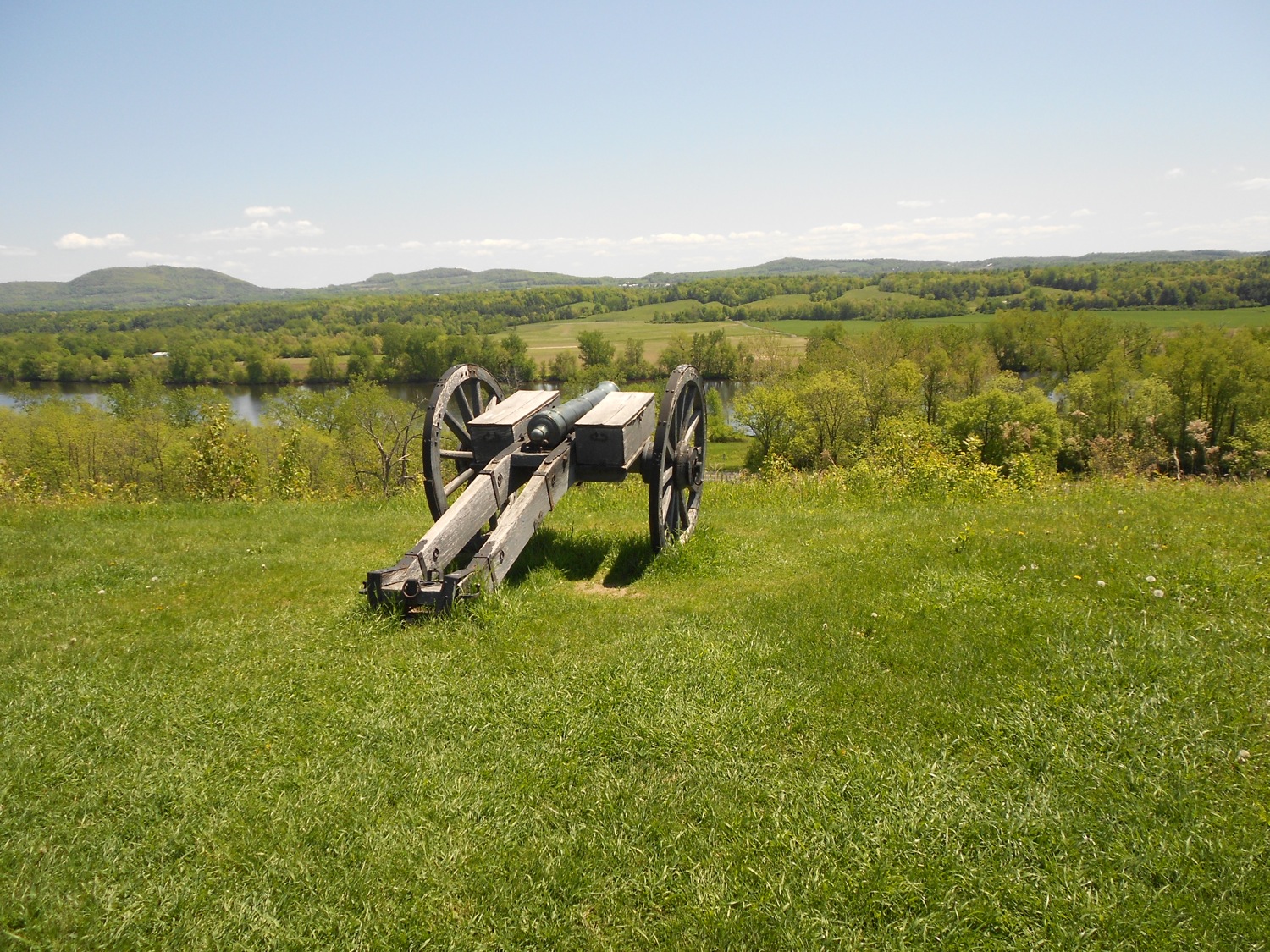
By Elaine Marie Cooper I had a very discouraging book signing last night in Saratoga Springs, NY for my…
June 7, 2017Please tell us about your most Recent Book STEALING LIBERTY is my young adult dystopian novel, which will be…
June 7, 2017
The beloved “sidekick.” Han had Chewy. Frodo had Samwise. Harry had Ron and Hermione. Captain Kirk had Spock.…
June 6, 2017
I recently discovered something startling, and I need to tell someone. Award-winning, internationally bestselling author Davis Bunn has been…
June 5, 2017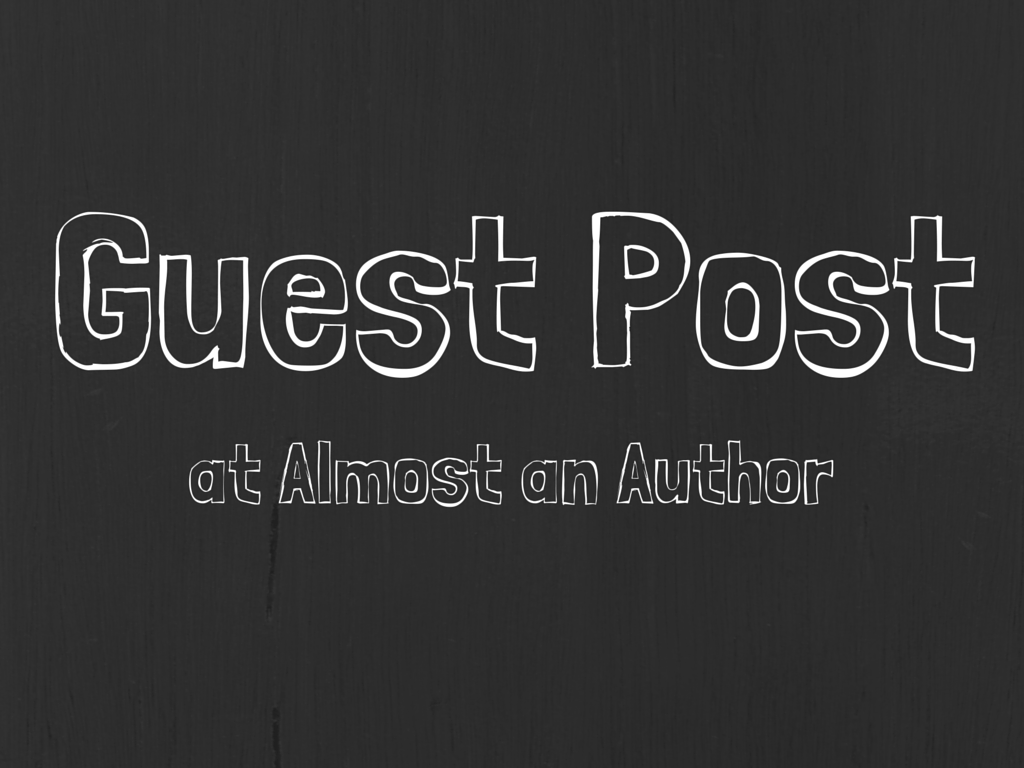
This post is no longer available. Here are some recent posts you might like instead:
June 4, 2017
We all make sacrifices every day. Every time you chose something, you sacrifice the other option. But some sacrifices…
June 3, 2017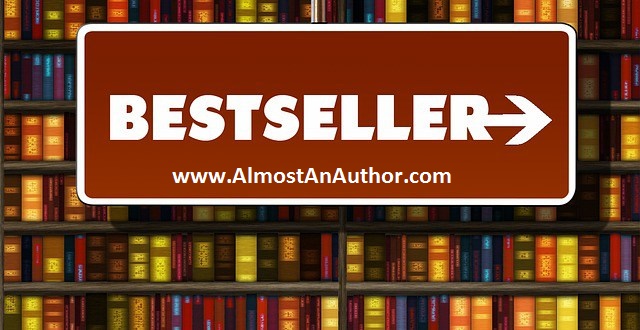
Can you share a little about your recent book – My last book is titled TREASURED GRACE and it’s…
June 1, 2017
[vc_row][vc_column][vc_column_text]The steamer which crossed the Pacific from Yokohama to San Francisco made a direct connection with that from Hong…
May 31, 2017
PENCON is hosted by The Christian Pen https://thechristianpen.com/ It has taken a year, but the new release by your favorite…
May 31, 2017
In the trunk of my Honda, beneath a wool blanket, lies a red backpack filled to the brim…
May 30, 2017
Have you heard the online buzz about copywriting? Make $100,000 a year writing! A laptop and an Internet…
May 29, 2017
By Doug Peterson The expression, “The proof is in the pudding,” goes back hundreds of years, although the original…
May 28, 2017
A number of grammatical faux pas can be attributed to faulty hearing. I’m not implying that any of you…
May 27, 2017




